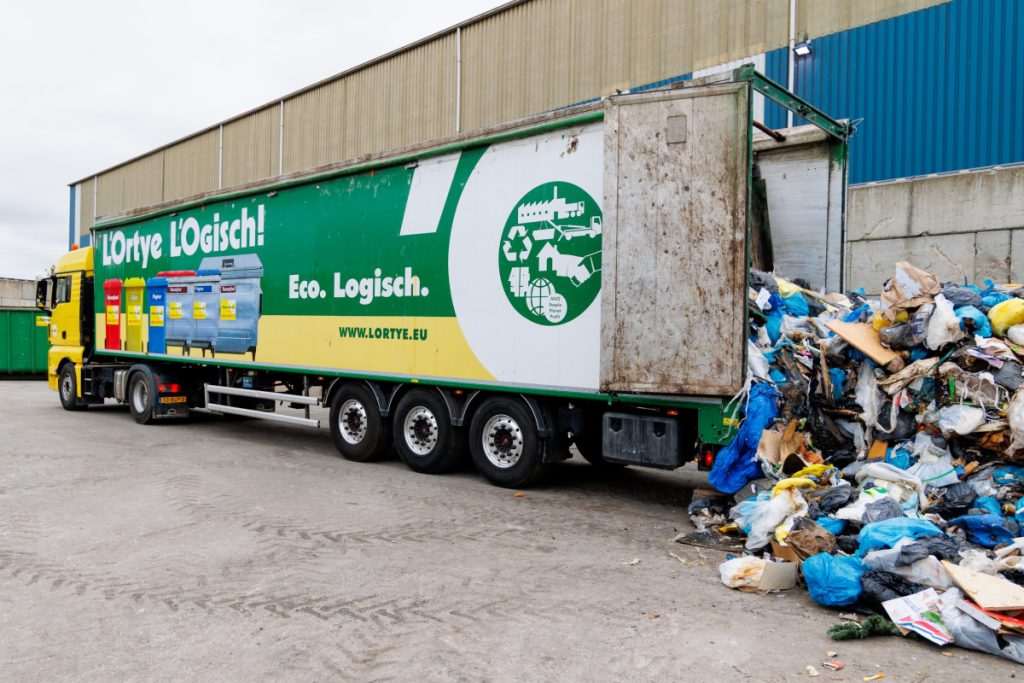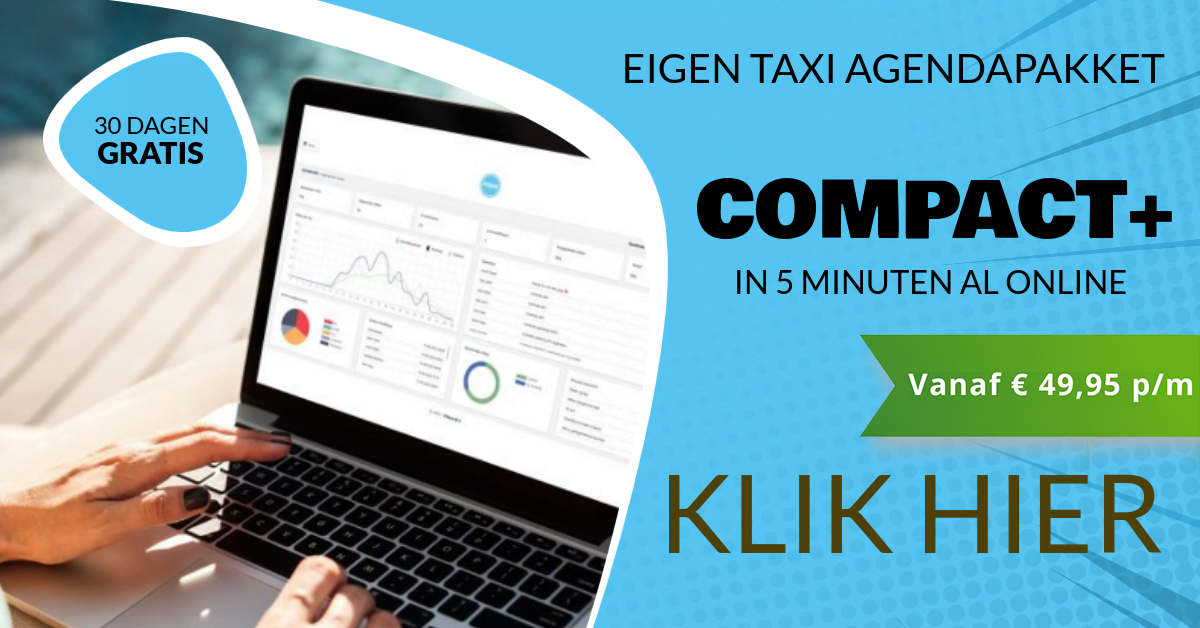These bales are then loaded into a ship of the Fransbergen company, which transports the bales to AVR's energy from waste plant in Rotterdam.
In the week of October 17, 2022, the Limburg company L'Ortye started compressing about 1.500 tons of residual waste into bales. The process in this pilot is as follows; L'Ortye and Renewi waste collection vehicles deposit commercial residual waste on a daily basis at the L'Ortye port and transshipment location in Maastricht. An installation compresses this waste into an airtight bale, packed in foil. These bales are then loaded into a ship of the Fransbergen company, which transports the bales to AVR's energy from waste plant in Rotterdam.
During the trial, experience will be gained with the actual reporting of waste, storage and transhipment, and with monitoring the temperature in the waste bales via sensors. This monitoring is necessary because waste can generate heat, which in certain circumstances can lead to a fire. The expectation is that the risk of heating is nil due to verbalisation; after all, there is no oxygen available. To be sure of this, the temperature is measured.
1 ship instead of 50 trucks
The transport of household residual waste by ship to the energy from waste plant replaces transport by truck in the pilot. From Limburg alone, about 6.000 trucks annually cover approximately 1,5 million highway kilometers. Transport by water results in a 40 to 50% reduction in CO2 and a decrease in traffic jams on the Limburg and Dutch highways. Another advantage is that the baled waste can be stored for longer, so that energy from waste plants are better able to match the supply of energy and heat, which is released during the incineration of the waste, to the demand. This is a highly desirable situation, especially in these times of energy crises. Transport by water also offers opportunities for the enormous driver shortages. 1 skipper does the same work as at least 50 truck drivers.

Transition from fossil to circular
Top Sector Logistics, LIOF, Province of Limburg, South Limburg Accessible and Bureau Voorlichting Binnenvaart are supporting this pilot. They are actively working on realizing the modal shift: transport by water instead of road. The modal shift of waste is necessary because of the transition that industry is making, including the Chemelot chemical cluster: from fossil raw materials (via pipelines) to circular raw materials (which often cannot be done via pipelines). The additional logistics must be organized in such a way that this does not lead to more trucks on the road. That is why Top Sector Logistics, LIOF, Zuid-Limburg Bereikbaar and Bureau Voorlichting Binnenvaart are focusing more on alternative sustainable modes of transport, such as transport by water.
Upscaling
The interim results of the pilot should be known in about 1,5 months. Whether this way of transporting waste can be scaled up depends on a number of things. For example, it is up to municipalities in Limburg (and the rest of the Netherlands) to take this into account when tendering for the processing and transport of (household) waste. By also tendering the transport to the processing locations in a sustainable way, this offers logistics service providers prospects to invest in efficient and sustainable logistics processes. South Limburg Accessible.



